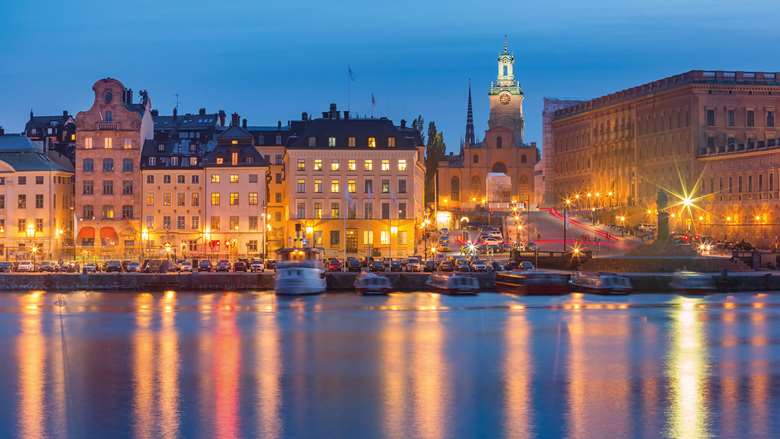Exploring the musical life of Stockholm
Friday, February 23, 2024
A city hosting a year-round musical spectacle, Stockholm’s cultural and sacred history is one to prioritise in your travels, writes Stephen Pritchard

Register now to continue reading
This article is from Choir & Organ. Don’t miss out on our dedicated coverage of the choir and organ worlds. Register today to enjoy the following benefits:
- Free access to 3 subscriber-only articles per month
- Newly-commissioned sheet music to download from our New Music series
- Unlimited access to Choir & Organ's news pages
- Monthly newsletter






